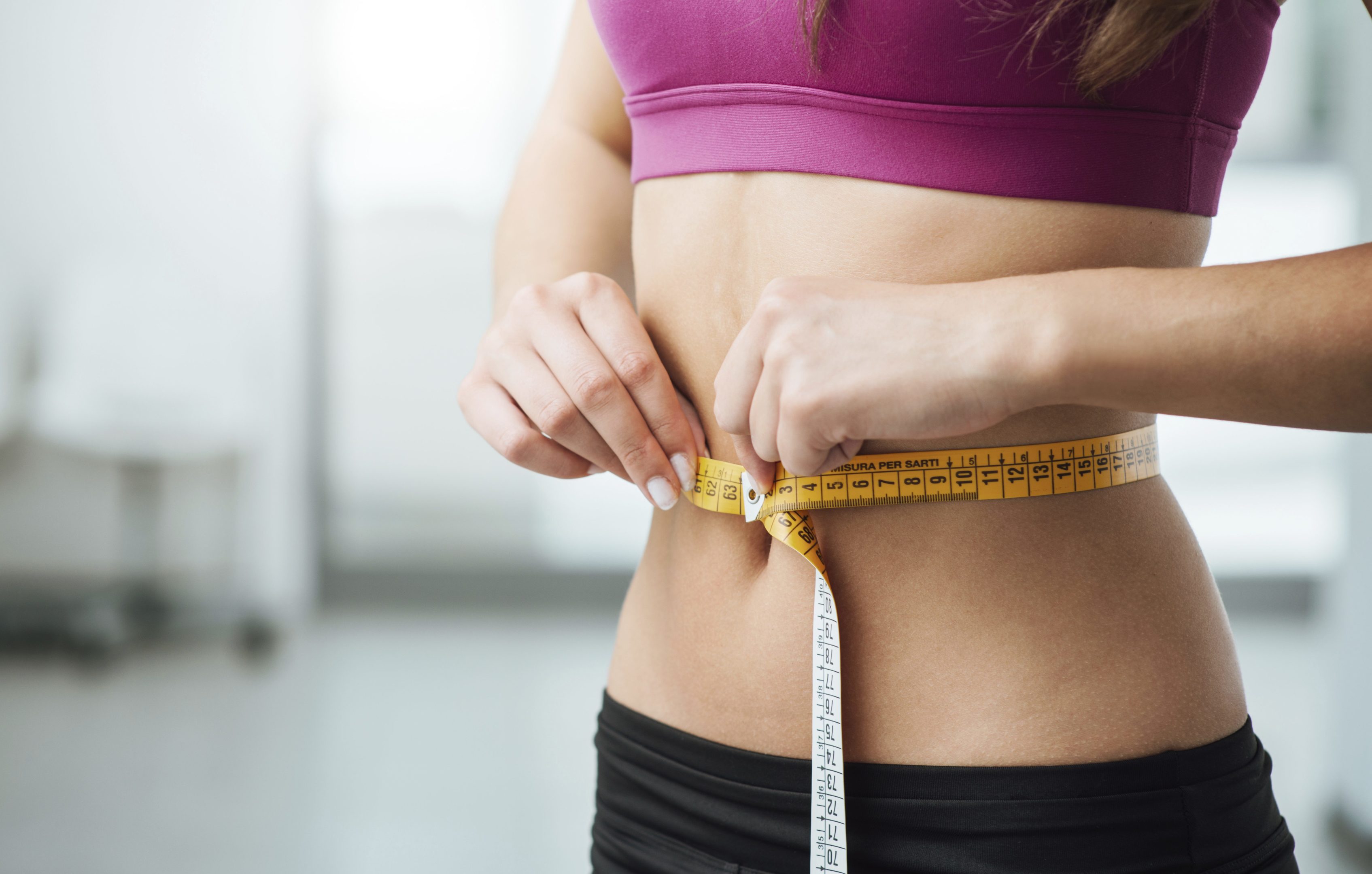
BEING skinny is associated with depression, scientists say.
Experts believe they have found the first evidence of a significant link between being underweight and being depressed.
And it seems both men and women are affected by negative thoughts about being too thin. This differs from depression among obese people, which mostly affects women.
However, experts from Seoul National University of Medicine, who led the study, were unable to say whether depression leads to thinness or vice versa.
It may be that depressed people are more prone to losing weight, or that being skinny leads to depression, they said.
Writing in the British Journal of Psychiatry, the team analysed data from 183 separate studies.
They found that obesity increased the risk for depression in a dose-response manner – the fatter people were, the more depressed they felt.
But they noted gender differences according to how people felt about being overweight.
They said: “It seems that the current ideal of thinness affects women more than their male counterparts and causes more psychological distress in women, which can, in turn, lead to depression.
“In contrast, men who are overweight showed a significantly decreased risk of depression.”
The experts said previous research has suggested that men are more likely to be of a “jolly fat” disposition than women.
They concluded: “Both underweight and obesity increase the risk of depression.
“In clinical practice, medical care providers should pay attention to the mental health of people who are underweight.
“Likewise, women who are overweight and obese populations should also be monitored for possible depression.”
Dr Agnes Ayton, vice-chairman of the eating disorders faculty at the Royal College of Psychiatrists, said: “This large study confirms that optimal nutrition is fundamentally important for physical and mental health. Both being underweight and obese is associated with an increased risk of depression.
“It is an important finding, as people with eating disorders often assume that losing weight will improve their happiness.
“This study shows that the opposite is true and malnutrition has a detrimental effect on people’s mood. Maintaining a healthy weight is essential for good mental health.”

Enjoy the convenience of having The Sunday Post delivered as a digital ePaper straight to your smartphone, tablet or computer.
Subscribe for only £5.49 a month and enjoy all the benefits of the printed paper as a digital replica.
Subscribe